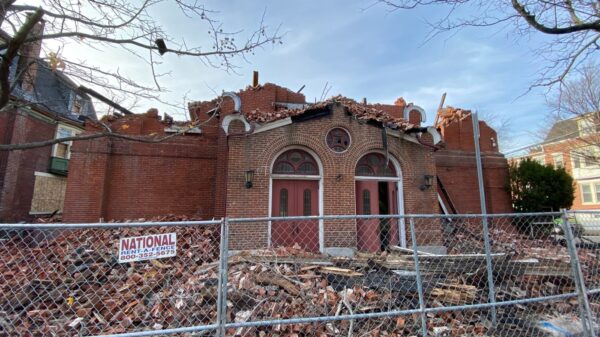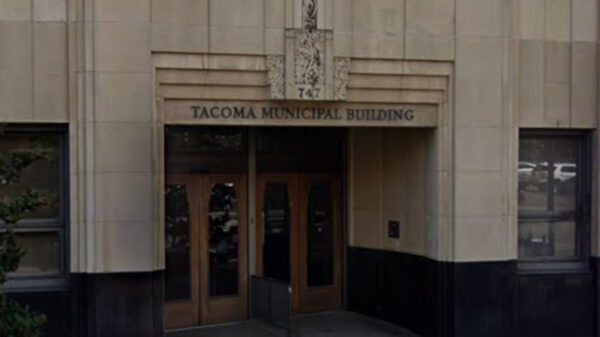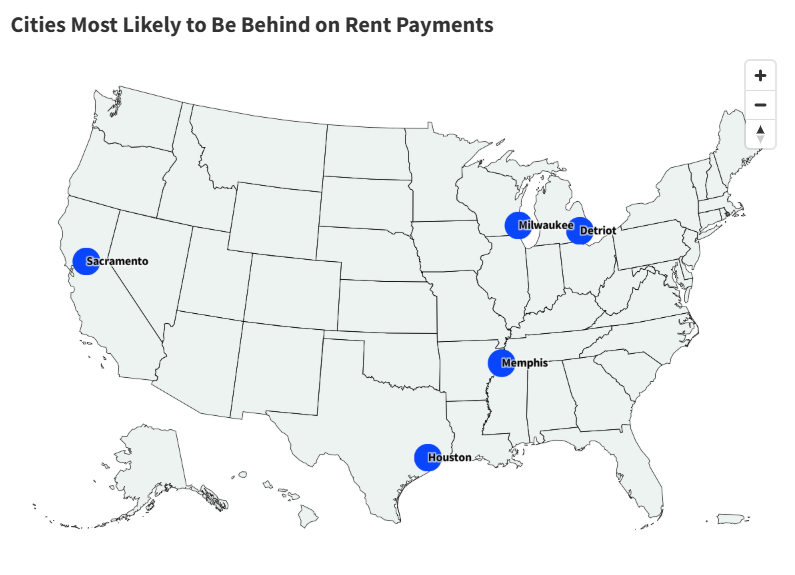UPDATE: A new report from landlord banking platform Baselane reveals alarming trends in rent payments across the United States. Many tenants are struggling to pay their rent on time, with some cities reporting late payments exceeding 50%. This urgent issue comes amid rising inflation, as the average rent in America hits $2,088.
According to the report, cities such as Milwaukee lead the nation with a staggering 68% of tenants behind on rent. Other cities facing similar crises include Sacramento at 59%, Houston at 58%, Detroit at 54%, and Memphis, where timely payments occur only 50% of the time.
“It’s not about deadbeat tenants. Situations happen: car troubles, illness, reduced work hours—these are everyday challenges,” stated Michael Ryan, a finance expert. “Most eventually pay up; they just can’t consistently meet the 1st of the month deadline.”
This crisis is exacerbated by stagnant wages and soaring living costs, as inflation shows only a slight increase of 2.9% in August compared to the previous year. The pressure is mounting on both sides of the rental equation, affecting not just low-income families but also middle-class earners.
While San Francisco and Long Beach boast higher on-time payment rates at 85% and 84% respectively, the disparities highlight a troubling trend in economic stability across the nation. Late payments lead to extra fees and long-term credit damage.
“This data illustrates just how much payment behavior varies from city to city,” remarked Mathias Korder Fort, CEO of Baselane. “Landlords must be aware of these trends to anticipate cash flow challenges, while tenants should understand the financial stress that late payments can create.”
Experts warn that even if wages rise, the issue may not resolve easily. “Higher wages often lead to increased living costs, compounding the problem for both renters and landlords,” noted Kevin Thompson, CEO of 9i Capital Group.
As the situation develops, renters in cities with high late payment rates are left wondering if relief is on the horizon. Many are grappling with the reality that basic shelter costs can consume half their paycheck, leading to broader economic instability.
What Happens Next: As cities grapple with these alarming rates of late rent payments, the focus shifts to potential solutions. Employers raising wages might not alleviate the financial strain, as corresponding price increases could further burden tenants.
Stay tuned for updates on this critical issue affecting millions across the United States.








































































